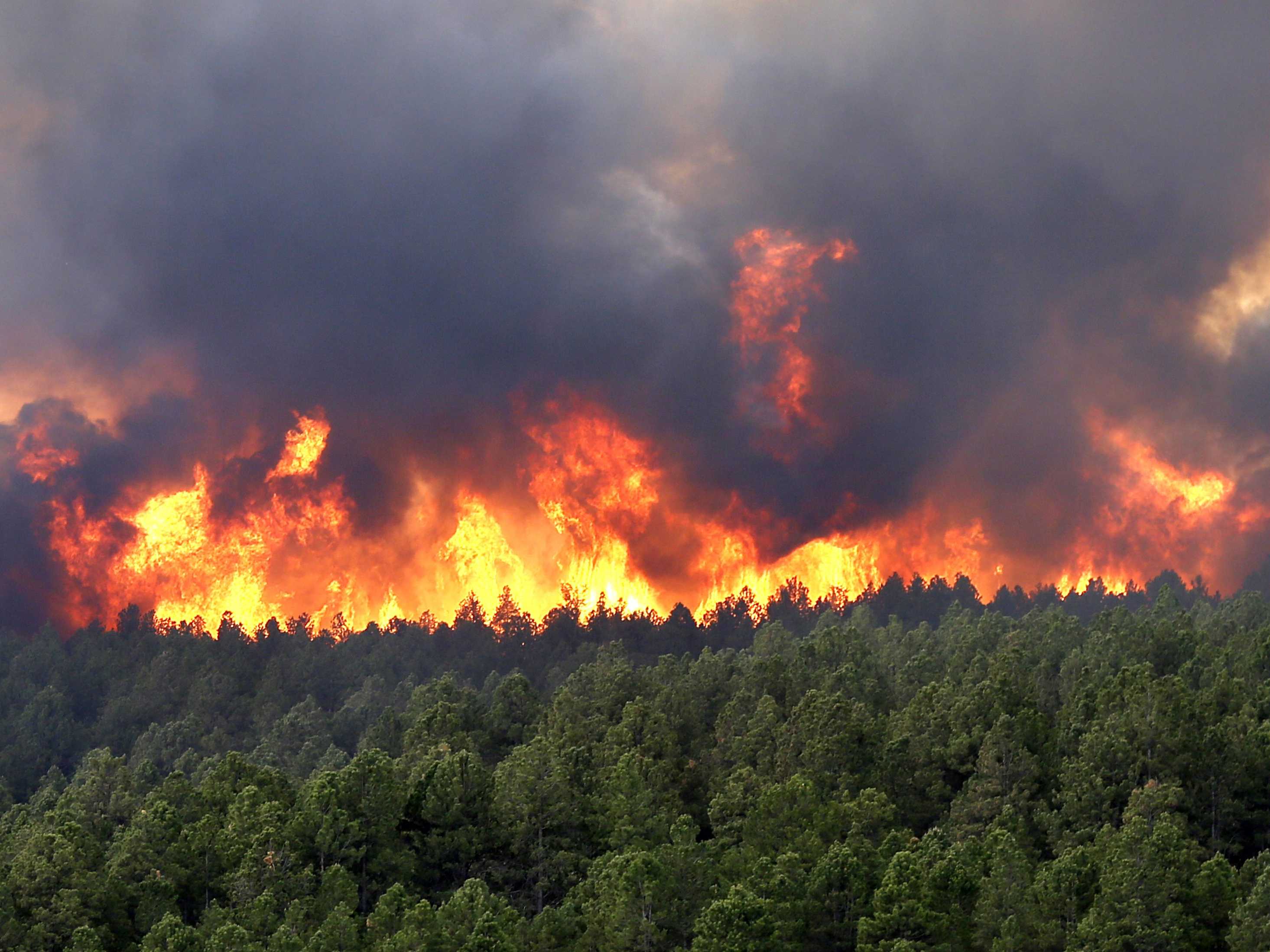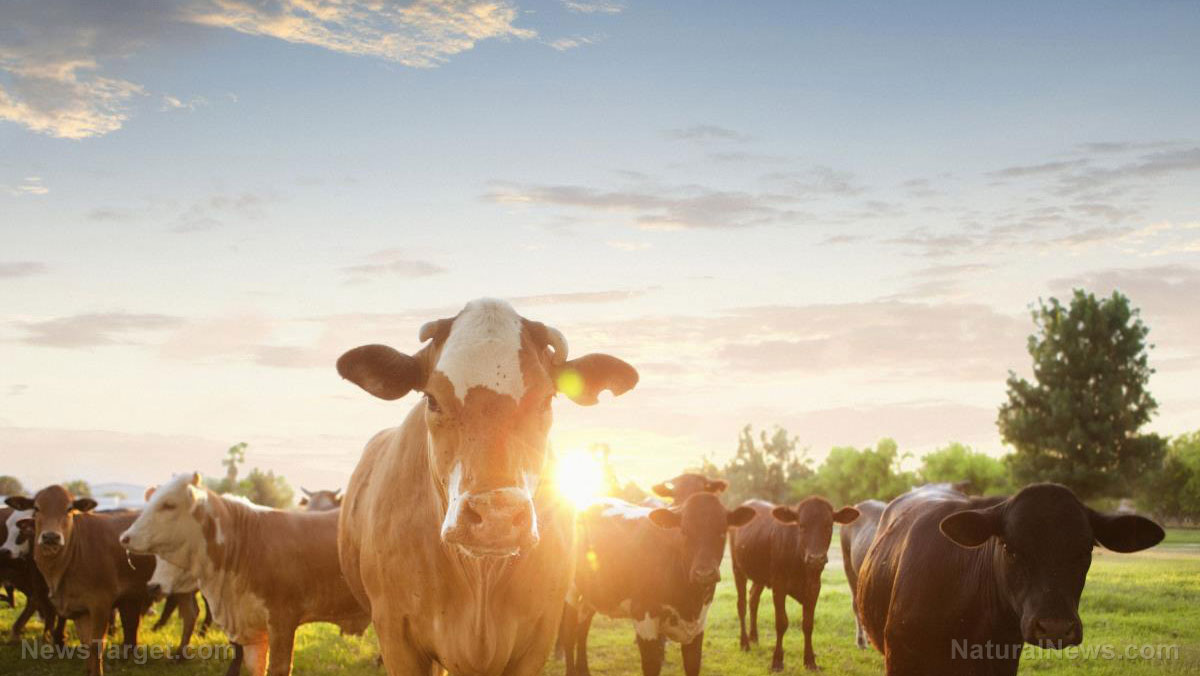
Prolonged heat waves and drought are straining electrical grids and fueling wildfires in a large part of the U.S. West. Heatwaves are becoming more frequent, lasting longer and occurring earlier in the year, according to the Environmental Protection Agency.
California Gov. Gavin Newsom on June 17 signed an emergency proclamation allowing power plants to increase operations if needed to meet electricity demands.
The California Independent System Operator (California ISO), which runs the state's energy grid, also issued a so-called Flex Alert. The alert encourages people to set thermostats to 78 degrees, avoid using large appliances, close drapes and blinds, turn off unnecessary lights and use fans.
Elliot Mainzer, California ISO's chief executive officer, said last week that the grid was stable and there was no expectation of rotating power outages, but that could change as temperatures spike in the coming days.
The Electric Reliability Council of Texas (ERCOT), which operates the Lone Star State's electric grid, also called on residents to conserve electricity, asking them to set thermostats to 78 degrees or higher, turn off lights and avoid using large appliances.
In Montana, temperatures over 100 degrees have made it tougher to fight wildfires that have exploded in size and destroyed an undetermined number of homes. Furious winds have stoked the flames and forced the crash-landing of a firefighting helicopter. At least 14 new fires have been reported in Montana and Wyoming since June 15.
In Idaho, authorities are preparing for what could be a challenging wildfire season. Nick Nauslar, a meteorologist with the National Interagency Fire Center, told state officials last week that nearly 80 percent of Idaho is in drought and the rest will likely experience it in the coming months. He said Idaho had its second-driest spring in the last 126 years.
Record-breaking temperatures seen in major cities across West
Many cities across the West have seen record-breaking temperatures last week.
Interior areas of California baked in triple-digit temperatures on June 17. Death Valley reached 128 degrees and Palm Springs tied the all-time record of 123 degrees. Palm Springs previously climbed to 123 degrees on Aug. 1, 1993, July 28, 1995 and July 29, 1995.
Phoenix faced an excessive heat warning until Sunday, June 20. The 118 degrees recorded in Phoenix on June 17 broke the city's previous daily record of 115 degrees last set in 1981, according to the National Weather Service (NWS).
"It's just going to be very hot and we'll be flirting with records each day," meteorologist Matthew Hirsch said last week. "We don't see cooling trends really until late in the weekend, early next week."
At a sweltering 107 degrees, Salt Lake City on June 15 tied the all-time hottest temperature ever recorded in city history while Las Vegas topped an 80-year daily record on June 16 with a high of 116 degrees.
Denver broke the daily record of 97 degrees set in 1952 and tied in 1993 with a 101-degree heat on June 15 while Des Moines exceeded the city's longstanding record high temperature for June 17 with 101 degrees. Des Moines set the previous record high of 94 degrees for June 17 in 1897 and tied it in 1913 and 1933, according to the NWS.
Experts say things are likely to get worse before they get better
Park Williams, a University of California, Los Angeles (UCLA) climate and fire scientist, said that heatwaves are intensifying because the soil in the western half of the nation is the driest it has been since 1895. "We could have two, three, four, five of these [heatwaves] before the end of the summer," Williams said.
With the summer just starting, there's no real relief in sight.
"We're still a long way out from the peak of the wildfire season and the peak of the dry season," said Daniel Swain, a UCLA climate scientist. "Things are likely to get worse before they get better."
Jonathan Overpeck, a climate scientist at the University of Michigan, agreed.
"The Southwest is getting hammered by climate change harder than almost any other part of the country, apart from perhaps coastal cities," he said. "And as bad as it might seem today, this is about as good as it's going to get if we don't get global warming under control."
Droughts have long been a feature of the West. But global warming is making things worse, with rising temperatures drying out soils and depleting mountain snowpack that normally supply water during the spring and summer. Those dry soils amplified the heatwave, creating a blast more severe than it otherwise would be. (Related: Is global warming 'over'? One scientist says major study used to defend global warming theory actually shows it is no longer occurring.)
Dry conditions also suggest a potentially devastating fire season.
New figures released on June 17 by the National Oceanic and Atmospheric Administration (NOAA) underscored the risks. According to Gina Palma, a fire meteorologist at NOAA's Great Basin Coordination Center in Salt Lake City, conditions are as dry today as could be expected well into July.
"Much of the Western U.S. is forecast to have above normal, significant fire potential at some point this summer," Palma said.
Follow ClimateScienceNews.com for more news and information related to climate change and global warming.
Sources include:
Please contact us for more information.





















